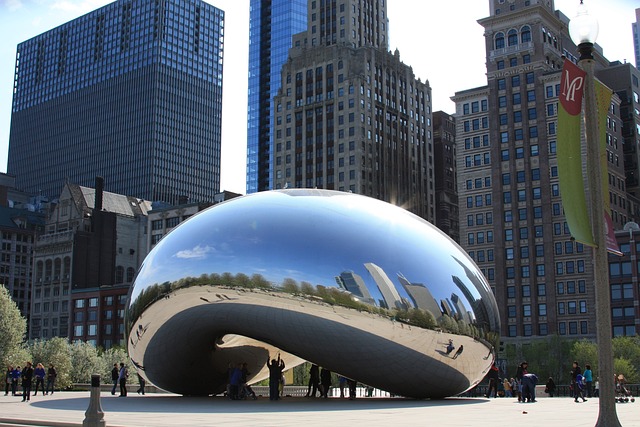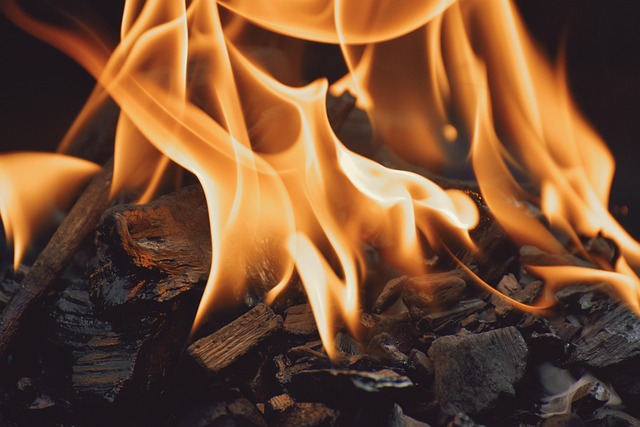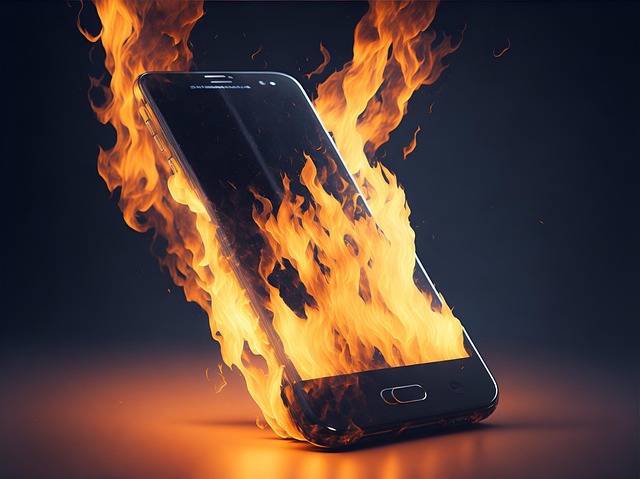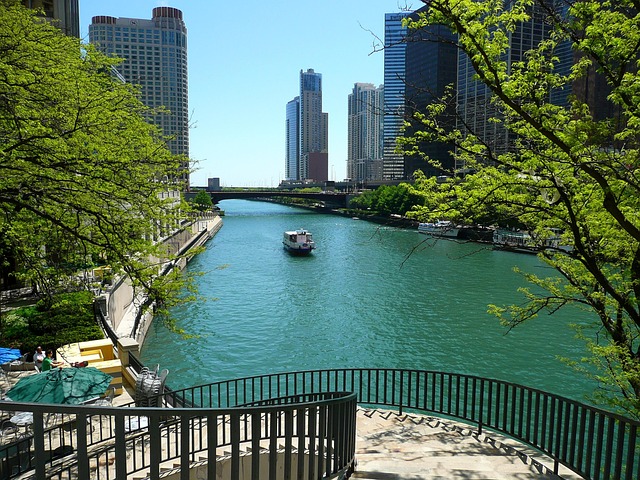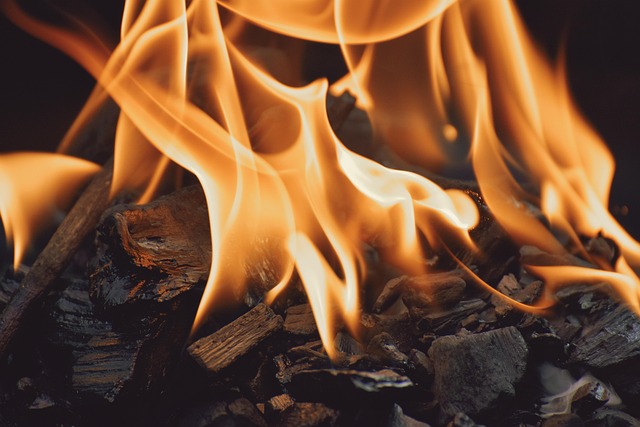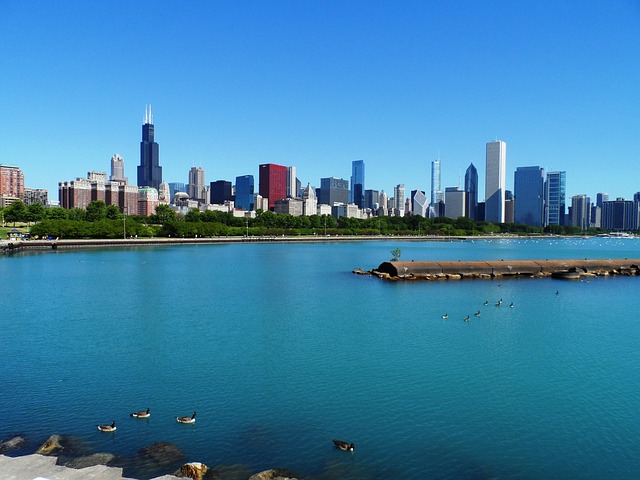Water damage is a significant concern in Chicago homes, caused by frozen pipes, outdated plumbing, improper drainage, heavy rainfall, and inadequate waterproofing. This issue affects property values, deters buyers, and complicates the sale of fire-damaged homes. Understanding insurance claims, selecting professional restoration services, and taking preventive measures are crucial for homeowners to mitigate damage, speed up claims, and enhance the market appeal of fire-damaged properties in Chicago.
Water damage is a common challenge for homeowners in Chicago, with its unpredictable weather patterns and potential for severe storms. Understanding the causes and impacts of water damage is crucial for every resident. This article guides you through the process, from recognizing common issues to navigating insurance claims and choosing top-rated repair services. We also offer valuable tips for renovating after flooding or fire damage, ensuring your home in Chicago remains safe and sellable, with a focus on preventive measures to safeguard your investment.
- Understanding Water Damage: Common Causes in Chicago Homes
- The Impact of Water Damage on Property Values in Chicago
- Navigating Insurance Claims for Water-Damaged Properties
- Top Water Damage Repair Services in Chicago: A Comparative Analysis
- Renovating After Flooding: Tips for Selling Fire-Damaged Homes in Chicago
- Preventive Measures: Safeguarding Your Chicago Home from Water Damage
Understanding Water Damage: Common Causes in Chicago Homes

Water damage is a common issue faced by homeowners in Chicago, often stemming from various sources. From burst pipes to heavy rainfall and severe weather events, these incidents can lead to significant property damage if not addressed promptly. Understanding the common causes of water damage in Chicago homes is essential for both residents and potential buyers considering selling fire damaged homes Chicago.
In colder months, frozen pipes are a leading cause, as extreme temperatures can cause them to burst, resulting in water flooding. Additionally, outdated plumbing systems or improper drainage can contribute to ongoing moisture issues. Rainfall events, especially during spring and summer, may lead to roof leaks or foundation problems, especially in older homes with inadequate waterproofing. It’s crucial for homeowners to be vigilant and promptly address any signs of water intrusion to prevent extensive repairs and ensure the longevity of their properties.
The Impact of Water Damage on Property Values in Chicago

Water damage can significantly impact property values, and this is especially true in a bustling city like Chicago. When water infiltrates a home, it leaves visible and invisible marks that can deter potential buyers. Mold growth, structural deterioration, and reduced overall appeal are common consequences of water damage, all of which contribute to lower property valuations.
In the real estate market of Chicago, selling fire damaged homes is already challenging due to the perceived risks and costs of renovation. Water-damaged properties further complicate matters. Buyers often view water damage as a red flag, assuming hidden issues like pipe leaks or roof problems that could lead to more extensive repairs. As such, property values in Chicago neighborhoods with prevalent water damage trends may experience a decline, affecting both homeowners looking to sell and the overall real estate market dynamics.
Navigating Insurance Claims for Water-Damaged Properties
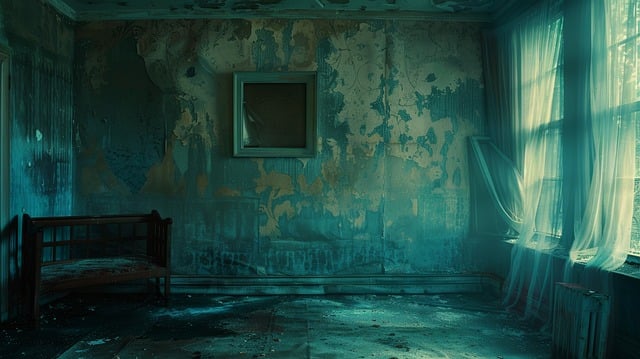
Navigating insurance claims for water-damaged properties can be a complex process, especially after experiencing the stress of a flood or leak. Homeowners in Chicago should familiarize themselves with their policy coverage and communicate openly with their insurance provider. Many policies include provisions for water damage repairs, but understanding what’s covered and what isn’t is crucial before initiating the claims process.
Seeking professional help from water damage repair services is recommended to assess the extent of the damage and ensure thorough documentation. In Chicago, where selling fire damaged homes is a reality for some, prompt action is essential to mitigate further loss and expedite insurance claim approvals. Remember that a detailed report from experts can significantly support your claim and potentially accelerate the reimbursement process.
Top Water Damage Repair Services in Chicago: A Comparative Analysis
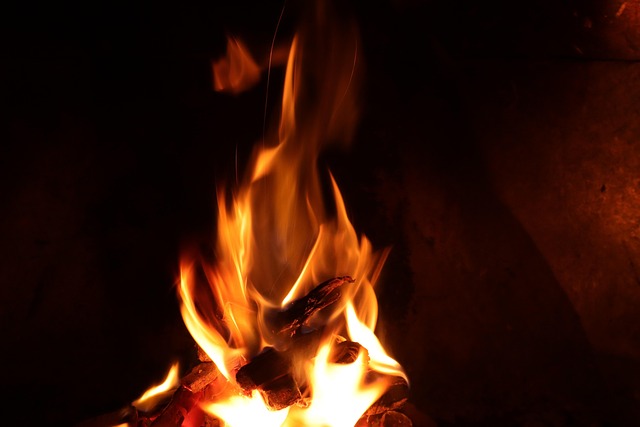
When facing water damage, especially after selling fire damaged homes in Chicago, prompt and professional repair services are paramount. Chicago offers a range of water damage restoration companies, each with unique strengths and specialties.
A comparative analysis reveals diverse factors to consider when choosing a provider. Key aspects include response time, advanced equipment, certified technicians, and specialized services like mold remediation. Top-rated companies in Chicago excel in these areas, ensuring effective restoration while adhering to industry standards. They employ cutting-edge technology for efficient water extraction, drying, and deodorization, minimizing disruption and potential secondary damage. Moreover, their certified experts are trained to handle complex cases, including selling fire damaged homes, offering comprehensive solutions tailored to individual needs.
Renovating After Flooding: Tips for Selling Fire-Damaged Homes in Chicago
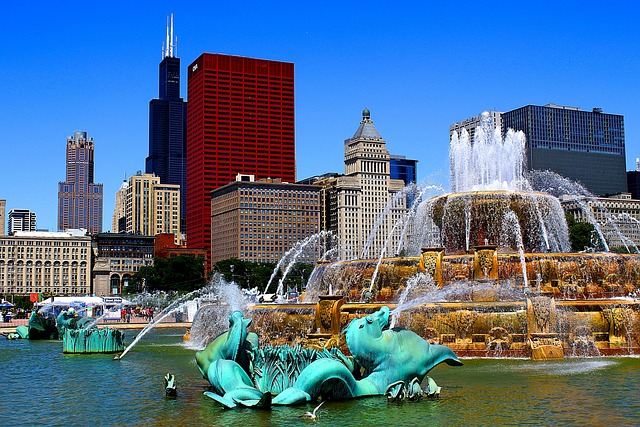
After a flood or fire, many Chicago homeowners face the daunting task of renovating their properties before putting them back on the market. While it’s an involved process, there are steps to ensure your home is not only structurally sound but also attractive to potential buyers. Start by assessing the damage thoroughly; identify affected areas and determine the extent of repairs needed. For fire-damaged homes, address smoke and soot stains promptly, as these can be off-putting for prospective purchasers.
Renovation strategies should focus on restoring the home’s original charm while enhancing its appeal. Consider modernizing outdated fixtures and finishes to cater to contemporary buyer preferences. In the event of structural damage, consult with professionals who can provide expert advice and safe, efficient repairs. Remember, a well-executed renovation not only increases your home’s value but also demonstrates to buyers that you’ve taken meticulous care in recovering from the disaster, fostering trust in your selling efforts for fire-damaged homes in Chicago.
Preventive Measures: Safeguarding Your Chicago Home from Water Damage
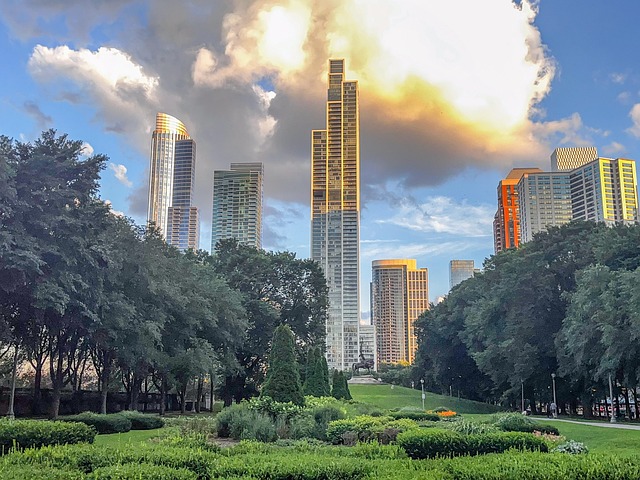
Protecting your home from water damage is a proactive approach that can save you significant time, money, and stress in Chicago’s unpredictable climate. One of the best preventive measures is ensuring proper drainage around your property. Regularly clearing debris from gutters and downspouts allows for efficient water flow, preventing overflows that could lead to basement flooding or structural issues. Additionally, consider investing in a quality waterproof membrane for your foundation and walls, especially if your home is older. This barrier acts as a protective shield against seeping water, a common issue in Chicago’s hard-freezing winters and heavy rainfalls.
For those planning to sell fire damaged homes Chicago, taking these preventive steps can enhance the property’s appeal and market value. Buyers are often wary of hidden water damage, which could lead to costly repairs post-purchase. By implementing these simple yet effective measures, you not only safeguard your investment but also increase the likelihood of a smoother, faster sale when the time comes.
When water damage strikes, whether from burst pipes, heavy rains, or flooding, Chicago homeowners can navigate the repair process with confidence. Understanding common causes, knowing insurance claims procedures, and utilizing top-rated local services are key to a successful recovery. For those looking to sell fire-damaged homes in Chicago, implementing preventative measures is crucial to safeguarding your investment. By staying informed and proactive, Chicago residents can protect their properties and ensure swift restoration after any water-related incident.

